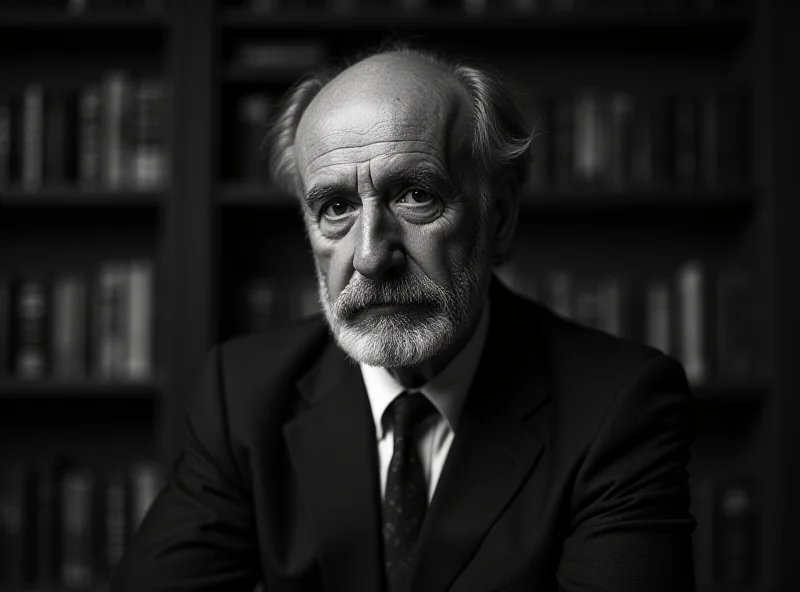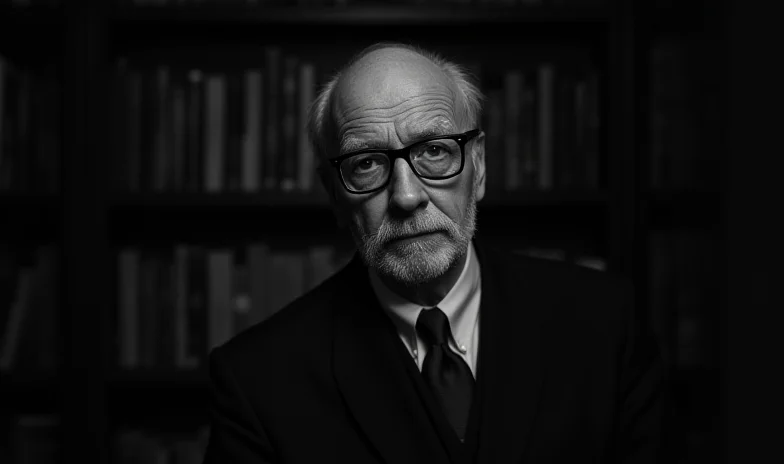Czech politics are currently a hotbed of activity, with several key decisions and revelations making headlines. From a look at the private doubts of a national icon to parliamentary debates over media fees and defense spending, the country is navigating a complex political landscape.
Masaryk's Private Struggles
Tomáš Garrigue Masaryk, a towering figure in Czech history, is often seen as a symbol of strength and resolve. However, newly revealed correspondence paints a more nuanced picture. "In no other correspondence... was Tomáš Garrigue Masaryk so open," reveals one source. These letters reveal a man grappling with deep-seated doubts and frustrations.

Masaryk didn't shy away from criticizing those around him. He "brutally criticized his political opponents as well as his closest collaborators," according to reports. This candidness extended to his views on Czech politics and literature, which he openly expressed "disgust" towards. This glimpse into Masaryk's private thoughts offers a valuable perspective on the man behind the public image.
Media Fees on the Rise
In other news, the Czech Parliament has approved an increase in fees for Czech Television and Radio. This decision will see the television fee increase by 15 crowns per month, and the radio fee by 10 crowns. Perhaps more controversially, the new regulations extend these fees to mobile phone users as well.
This move has sparked debate, with some arguing that it's necessary to maintain the quality of public broadcasting, while others see it as an unfair burden on citizens. The decision followed intense debate in the Chamber, with "MPs proposed dozens of amendments to the amendment" during an hour-long voting procedure.
Increased Defense Spending
Looking ahead, the Czech government has also committed to increasing defense spending. The approved plan outlines a gradual increase of 0.2 percent of GDP annually until 2030. This will bring the defense budget to 2.2 percent of GDP by 2026, and a substantial 3 percent by 2030.

This increase reflects the country's commitment to bolstering its defense capabilities. The decision comes amid growing concerns about regional security and highlights the Czech Republic's dedication to meeting its NATO obligations. It remains to be seen how these increased expenditures will impact other areas of the national budget.
In conclusion, the Czech Republic is experiencing a period of significant political activity. From historical revelations to budgetary decisions, these developments will undoubtedly shape the country's future.

